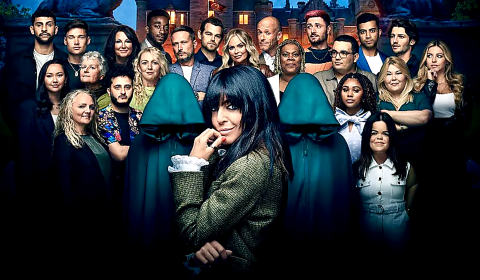Reports of staff abuse and toxic work environments, particularly amongst Runners, are forcing industry regulators to face uncomfortable truths.
The film and TV industry is often sold as a world of glitz and glamour, a pipeline to the stars where creativity reigns and dreams come true. But for the runners – entry-level staff usually overworked and under-paid work – this is often far from reality.
After actor Richard E. Grant recently spoke out about the mistreatment of his daughter Olivia, who has previously worked as a runner on set, stories have emerged from other individuals working in Film and TV’s most underappreciated role.
Reports from current and former runners paint a picture of exploitation and hardship, punctuated by toxic work environments that demand compliance and resilience far beyond what any entry-level job should require.
Tom, a 25-year-old runner, describes the experience as being ‘the lowest of the low,’ recounting how he’s routinely asked to fetch coffee, haul heavy equipment, and even clean toilets. ‘Nobody knows your name, nor do they care to ask,’ he says, adding that any hint of dissent might see him out of work in an instant.
For Tom and countless others, the role of a runner is not only the bottom rung of the industry ladder; it’s a position that invites, and often sustains, neglect and abuse.
The brutal reality facing runners isn’t news to anyone who has worked in the industry. It’s a role often seen as a rite of passage for those wanting to work in Film and TV, the idea being that if you can withstand the gruelling work and lack of reward, you’re tough enough to last in that world.
Comment
byu/joshpostproduction from discussion
ineditors
To the industry, runners are invisible cogs, expected to be perpetually available and ever-ready to absorb any fallout without protest.
As one former runner, James Moriarty, recalls, his duties ranged from essential errands to absurd requests, once even being asked to pay a producer’s drug dealer. The few opportunities to learn editing skills came only during unpaid off-hours.
It’s an open secret that runners are treated poorly, yet there has been little concrete movement to address the entrenched issues of low pay, harassment, and exhaustion that pervade their working conditions.
Following the writers strikes last year, the industry has faced even more strain financially – leaving those at the bottom of the pecking order vulnerable to further exploitation.
A report from The Guardian underscores that while some may find satisfaction in the work itself, the sense of purpose is frequently overshadowed by impossible hours, harsh supervisors, and a gnawing feeling of disposability.
Part of the problem is that runners are often young, inexperienced, and lacking in professional recourse. Few unions or organisations have successfully addressed the abuses that runners face, leaving them with limited pathways to advocate for better treatment.




















